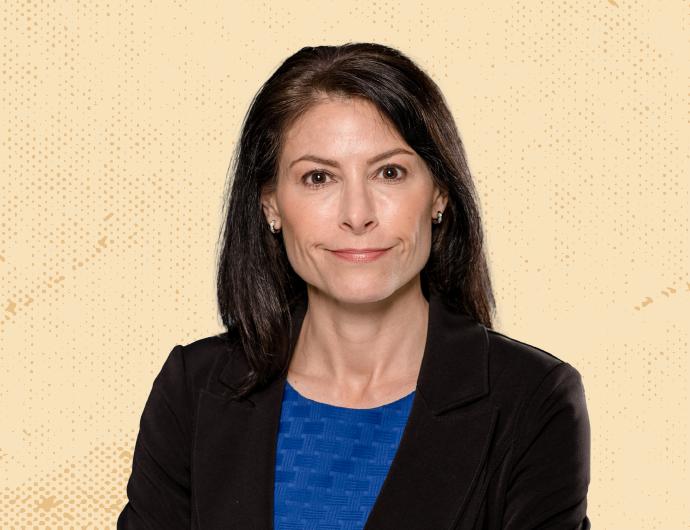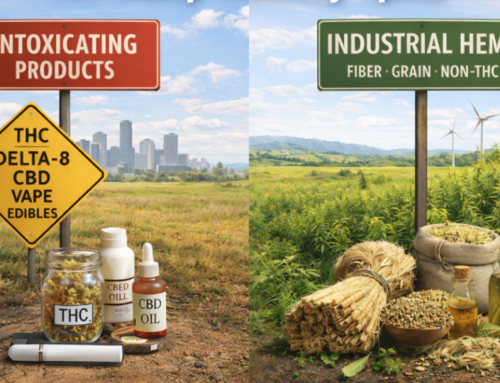Cash, Crime, and Cannabis: Attorneys General Push Congress on SAFER Banking Act
WASHINGTON, D.C.–In a rare show of bipartisan unity, attorneys general from 32 states and U.S. territories issued a pointed appeal to Congress on Thursday: pass the SAFER Banking Act of 2025 — and finally bring the Cannabis industry into the financial mainstream.
The letter, addressed to congressional leadership, presses lawmakers to provide regulated financial access to an industry that generated more than $30.1 billion in legal sales last year and is projected to surpass $34 billion by the end of this year.
Despite our industry’s size, nearly all Cannabis business transactions remain cash-based due to ongoing federal banking restrictions — a condition the attorneys general call not just outdated, but dangerous.
“This creates a considerable safety issue for the public,” the letter states. “Employees and customers are at greater risk of violent crime in pursuit of that cash.”
The SAFER Banking Act — short for Secure and Fair Enforcement Regulation — would shield banks and credit unions from federal penalties if they choose to work with state-legal Cannabis businesses.
For now, most financial institutions steer clear, spooked by Cannabis’s status as a Schedule I controlled substance under federal law, despite its legal standing in 38 states and several U.S. territories.
That legal contradiction has created what industry advocates call a “gray market economy hiding in plain sight” — where billion-dollar businesses rely on safes, armored trucks, and handwritten ledgers instead of digital payroll and ACH transfers.
“Congress should provide a safe harbor,” the attorneys general argue, adding that legal clarity would help regulators, law enforcement, and tax agencies better track and monitor financial flows in weed.
The absence of such systems, they warn, puts not only workers and customers at risk — but potentially hundreds of millions in tax revenues on the table.
Michigan Attorney General Dana Nessel, a Democrat and early supporter of federal Cannabis banking reform, framed the issue in practical terms.
Image: Dana Nassel
“With billions in revenue, giving Cannabis businesses a secure place to bank isn’t just smart policy – it’s common sense,” she said in a statement. “The SAFER Banking Act has the ability to enhance both public safety and transparency.”
The political will, however, remains uncertain. Despite multiple reintroductions of similar legislation since 2019 — including the original SAFE Banking Act — efforts have repeatedly stalled in the Senate, often tangled in broader debates about federal Cannabis legalization, criminal justice reform, and interstate commerce.
This year’s version attempts to strike a middle ground. The updated bill includes stricter guardrails around compliance and regulatory oversight — nods to concerns from both fiscal conservatives and criminal justice reform advocates. Its passage would represent not full legalization, but federal acknowledgment of a fractured, fast-growing market that already employs more workers than the nation’s coal industry.
For Cannabis business owners, it could mean the difference between operating in daylight or under constant threat — a shift from the backroom to the boardroom.
“It’s not about politics anymore,” said one West Coast dispensary owner who requested anonymity due to federal banking fears. “It’s about being able to make payroll without carrying around duffel bags of cash.”
The attorneys general agree. And with nearly three-quarters of the U.S. population living in a state that has legalized Cannabis in some form, they argue that federal inaction is no longer just inconvenient — it’s untenable.
In Washington, the question now is whether Congress is ready to follow the states’ lead — or whether the Cannabis industry, once again, will be left holding the bag.




































